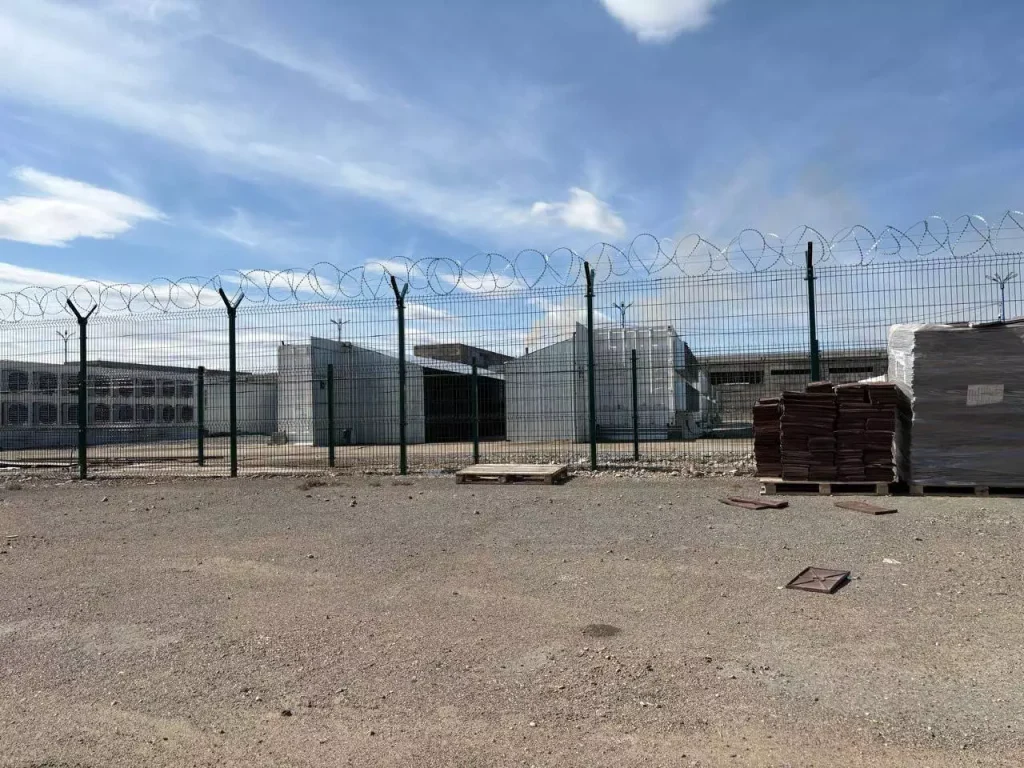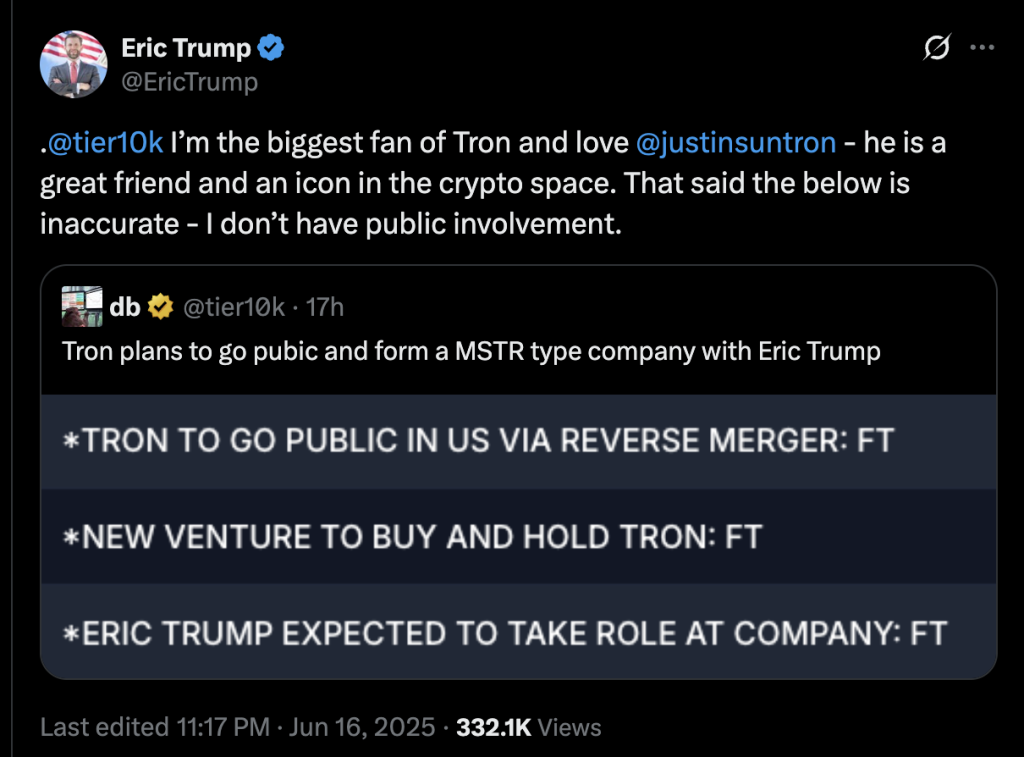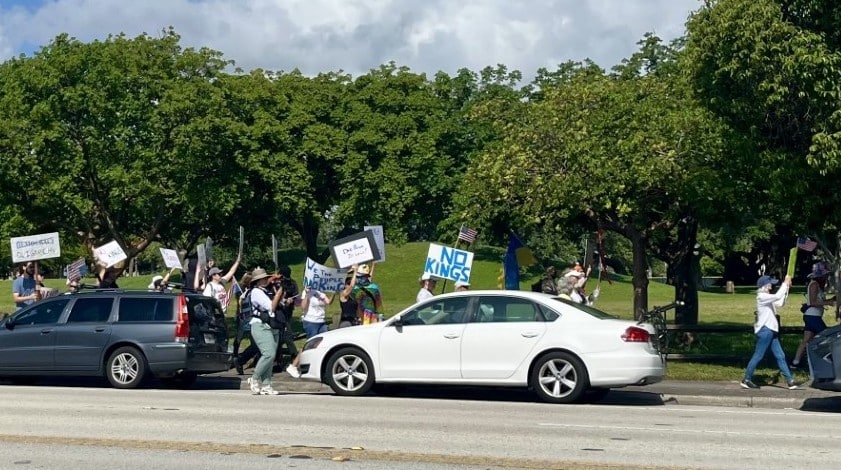The American Institute of CPAs provided
The
For now, CPAs continue to benefit from a national licensing system, known as “CPA mobility,” that allows nearly complete practice movement from a CPA’s home state of licensure to other states without the need to obtain additional licenses, register with the other state or pay extra fees. That longstanding system, which the AICPA has worked hard over the years to establish, is based on the concept of “substantial equivalency,” a foundation of common or similar educational, examination, and experience requirements for licensure across states. Such freedom of movement gives CPAs and their firms the ability to serve clients across state lines, either in person or virtually amid the ongoing pandemic, without the extra burden of obtaining separate licenses for each state in which they practice.
“We believe upending mobility would be a grave mistake,” said AICPA & CIMA CEO of public accounting Susan Coffey in a statement Thursday. “But with some states pursuing legislation that impacts CPA mobility well beyond their own borders, it would be irresponsible for us not to have resources in place to reflect those potential outcomes and stakes. As with other matters, we are committed to providing CPAs and CPA firms the information they need to practice successfully and in compliance with regulatory requirements.”
Earlier this year the AICPA organized a National Pipeline Advisory Group that aims to develop a national strategy to address the accounting profession’s talent shortage. The group has developed a
In calling for the formation of the National Pipeline Advisory Group this past May, the AICPA governing Council stressed the importance of preserving CPA mobility. The AICPA plans to defend the system in states where it is under threat — Minnesota and South Carolina for right now — and part of that defense involves raising awareness about the stakes involved for CPAs. For more information on the effort, visit the AICPA’s resource page on
Credit: Source link











